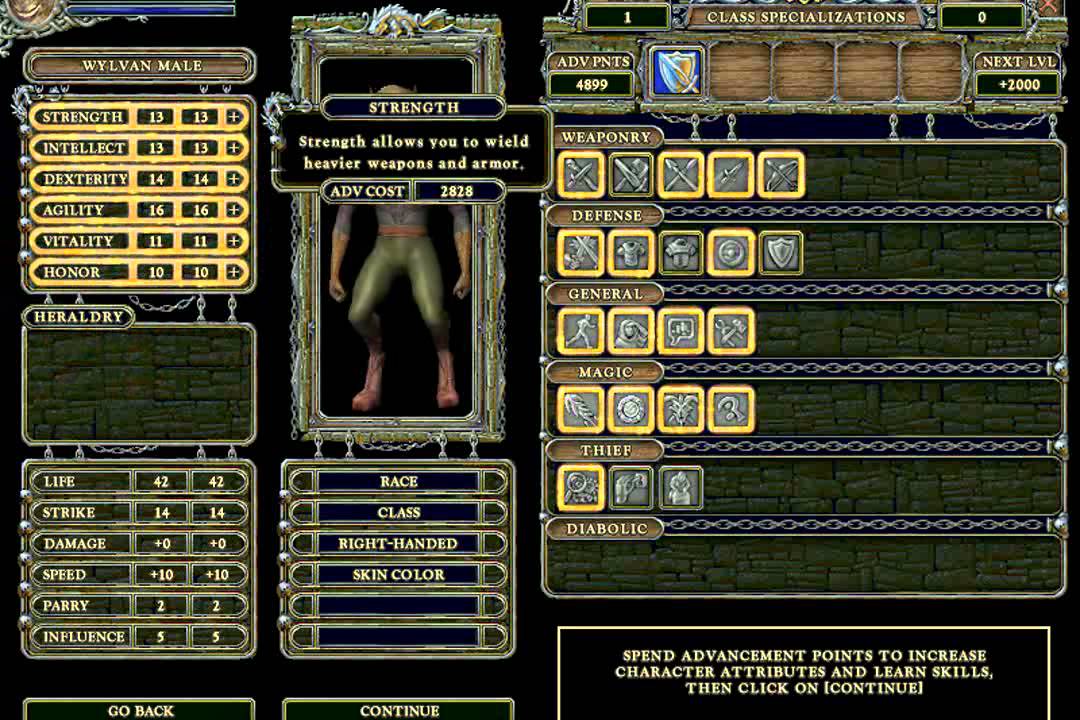

It particularly affects genomic loci where progression of replication forks is intrinsically slow or problematic, such as common fragile site (CFS), telomeres, and repetitive sequences. RS is a major cause of pathologies including cancer, premature ageing and other disorders associated with genomic instability. Cells that are copying their DNA in preparation for division can suffer from 'replication stress' (RS) due to various external or endogenous impediments that slow or stall replication forks. (Trial registered at: NCT00564512).įaithful duplication of the human genome during the S phase of cell cycle and accurate segregation of sister chromatids in mitosis are essential for the maintenance of chromosome stability from one generation of cells to the next. These findings suggest that Polν could influence therapeutic resistance in chronic lymphocytic leukemia. By using 2 cell lines that were sequentially established from the same patient during the course of the disease and Polν knockout mouse embryonic fibroblasts, we reveal that relative high POLN expression is important for DNA synthesis and cell survival upon fludarabine treatment. Moreover, we found that POLN was the only gene upregulated in primary patient lymphocytes when exposed in vitro to proliferative and prosurvival stimuli.

We unveiled that expression of the POLN gene, encoding the specialized DNA polymerase ν (Polν) correlates with time to relapse after the first-line therapy with fludarabine.
2X2 CLL ALGORITHMS PDF EDITOR SERIES
Here, we investigated prognostic value of expression of 82 genes involved in DNA Replication-Repair-Recombination in a series of 99 patients with chronic lymphocytic leukaemia without detected 17p deletion or TP53 mutation. Despite genomic aberrations manifested in haematological malignancies, such a defect as a source of biomarkers has been underexplored. Alteration in the DNA Replication, Repair or Recombination processes is a highly relevant mechanism of genomic instability.


 0 kommentar(er)
0 kommentar(er)
